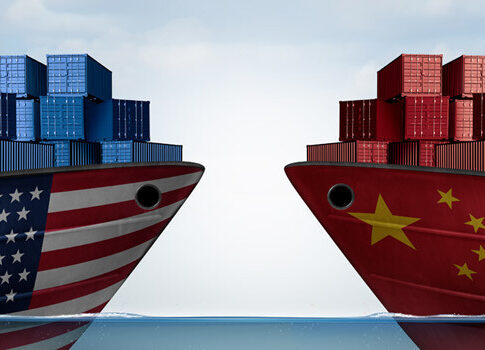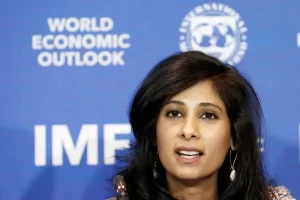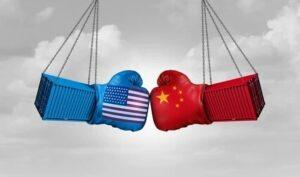In a rapidly evolving global trade landscape, tensions between the United States, the European Union, and China have escalated into a full-fledged trade war. The imposition of tariffs by the US and EU on Chinese imports is a measure aimed at safeguarding their local industries from what they allege to be unfair trade practices by Beijing. In retaliation, China has also levied increased tariffs on select European goods, intensifying the tit-for-tat exchange that has become a hallmark of modern geopolitics.
Gita Gopinath, Deputy Managing Director of the International Monetary Fund, recently highlighted the high economic stakes involved. “An escalation of trade and tariffs tensions between the U.S. and China would have ‘costly’ economic consequences around the world,” she warned. With global trade dynamics shifting, the IMF’s recent World Economic Outlook report underscores the downside risks posed by increasing protectionist policies.
The disruption of US-China trade links, compounded by the EU’s involvement, has led to significant rerouting of trade flows through alternative countries. Yet, as noted by Tim Adams, CEO of the Institute of International Finance, such measures could inadvertently raise inflationary pressures, potentially leading to higher interest rates globally.
Meanwhile, Germany, under the leadership of Chancellor Olaf Scholz, is pivoting towards India to mitigate its own trade dependencies. “Our overall message is clear, we need more cooperation, not less,” Scholz stated in New Delhi, where he met with Indian Prime Minister Narendra Modi to discuss deepening defense ties as well as expanding trade relations.
Germany’s strategic outreach to India is part of a larger effort to diversify its economic partnerships and reduce reliance on Chinese markets. Notable projects, such as Thyssenkrupp’s bid to construct submarines in India, illustrate Germany’s commitment to this new alliance. With plans to invest heavily in India’s renewable energy and infrastructure sectors, Germany is positioning itself as a key partner in India’s ambitious climate and development goals.
However, transitioning from a China-centric trade framework to one involving India is not without its challenges. Logistical complexities and the time required to establish new supply chains present significant hurdles. The expansive nature of China’s established manufacturing and export systems makes it a formidable competitor to replace. Despite these challenges, the strategic alignment between Germany and India signals a noteworthy shift in global trade relations, one that could redefine economic alliances in the Asia-Pacific region.
The interplay between protectionist policies and strategic alliances is poised to significantly influence the global economic landscape in the years ahead. This dynamic is likely to intensify retaliatory trade measures, which in turn could perpetuate inflationary pressures across the world’s economies. Ultimately, achieving a balanced equilibrium—one that protects local industries while sustains a robust international trade network—will become imperative. As nations navigate these challenging waters, it is essential to maintain open dialogues and foster cooperation.
The potential for economic instability highlights the critical need for collaborative approaches to international trade, as Gita Gopinath aptly noted: “It is in everyone’s self-interest that these relationships are maintained.”




